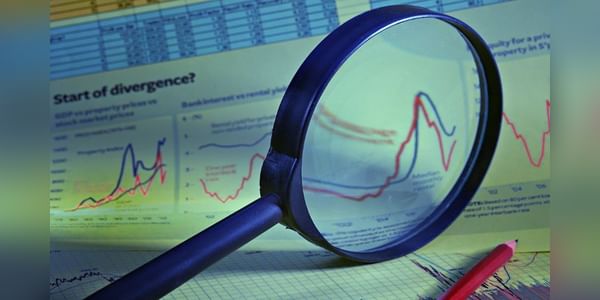Analysis is an absolutely key point in the decision-making process. Whether it's a question of buy/no buy, or the right timing of a purchase... analysis is always essential. Analyzing the company itself isn't exactly easy - but to stick a pitchfork in it completely, I'll add that it's not even easy to choose the right analysis in the first place.

To put it bluntly: We all probably know (and use) that analysis is commonly divided into technical and fundamental. Most of the time it is some combination of both. But if we look at the very ends of the spectrum, the extremes that don't allow for the other approach, it looks something like this:
Technical analysis - we look purely at the chart, we only look at the price development. Without looking at fundamentals and knowledge of the company, we just look for the right repeating patterns and use tools, models and techniques to try to buy and sell at the right time. It is also generally…